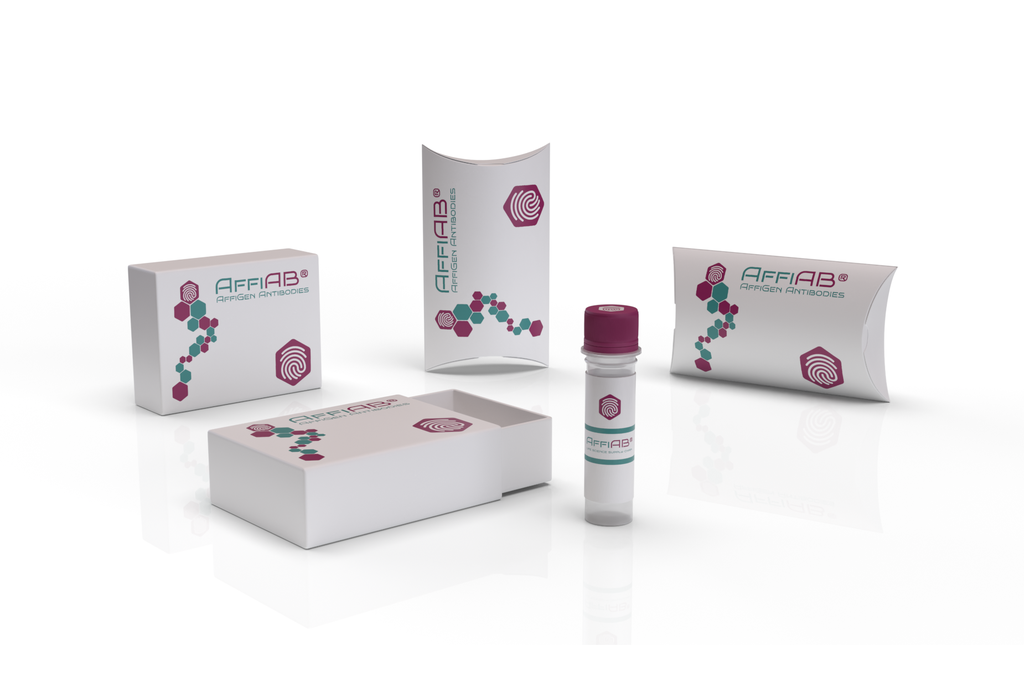AffiAB® Anti-Gli-1 Antibody
Acts as a transcriptional activator. Binds to the DNA consensus sequence 5'-GACCACCCA-3' . Regulates the transcription of specific genes during normal development . Plays a role in craniofacial development and digital development, as well as development of the central nervous system and gastrointestinal tract. Mediates SHH signaling . Plays a role in cell proliferation and differentiation via its role in SHH signaling.Tethered in the cytoplasm by binding to SUFU . Activation and translocation to the nucleus is promoted by interaction with STK36 . Phosphorylation by ULK3 may promote nuclear localization . Translocation to the nucleus is promoted by interaction with ZIC1 .Detected in testis (at protein level) . Testis, myometrium and fallopian tube. Also expressed in the brain with highest expression in the cerebellum, optic nerve and olfactory tract. Isoform 1 is detected in brain, spleen, pancreas, liver, kidney and placenta; isoform 2 is not detectable in these tissues .
Antibody type
Rabbit polyclonal Antibody
Uniprot ID
SwissProt: P08151 Human
Recombinant
NO
Conjugation
Non-conjugated
Host
Rabbit
Isotype
IgG
Clone
N/A
KO/KD
N/A
Species reactivity
Human
Tested applications
IHC-P, IF-Cell
Predicted species reactivity
N/A
Immunogen
Synthetic peptide corresponding to N terminal of Human Gli-1.
Storage
Store at +4°C after thawing. Aliquot store at -20°C. Avoid repeated freeze / thaw cycles.
Form
Liquid
Storage buffer
1*TBS (pH7.4) , 1%BSA, 50%Glycerol. Preservative: 0.05% Sodium Azide.
Concentration
1 mg/ml.
Purity
Immunogen affinity purified.
Signal pathway
cAMP signaling pathway
Recommended dilutions
IHC-P: 1:50-1:800; IF-Cell: 1:50
Molecular Weight
Predicted band size: 118 kDa
Subcellular location
Cytoplasm, Nucleus.
Positive control
A549, LOVO, SH-SY5Y, human kidney tissue, human testis tissue.
